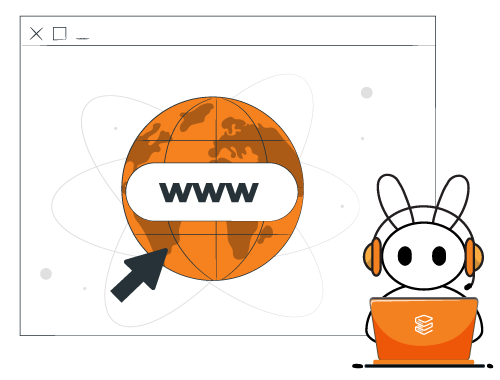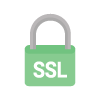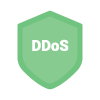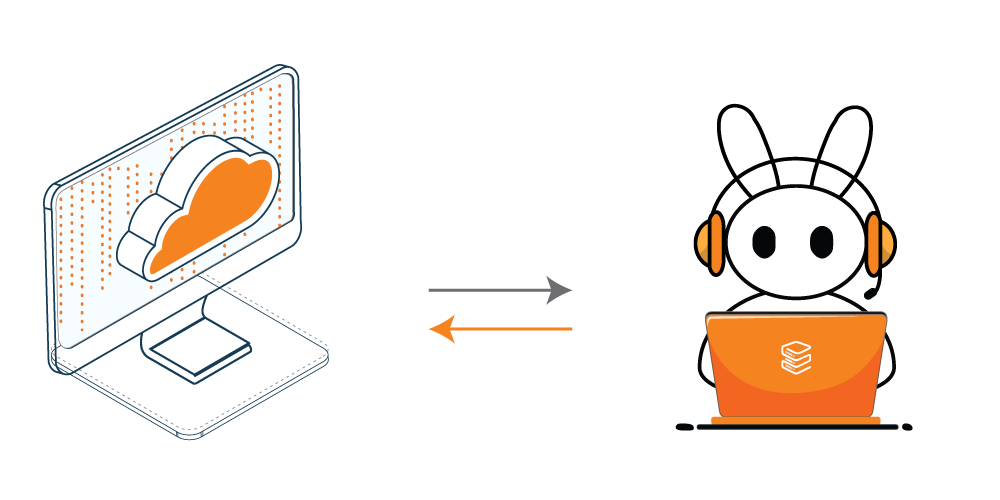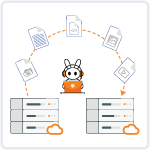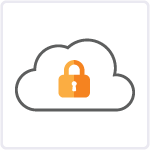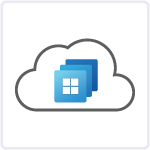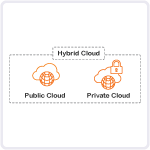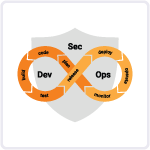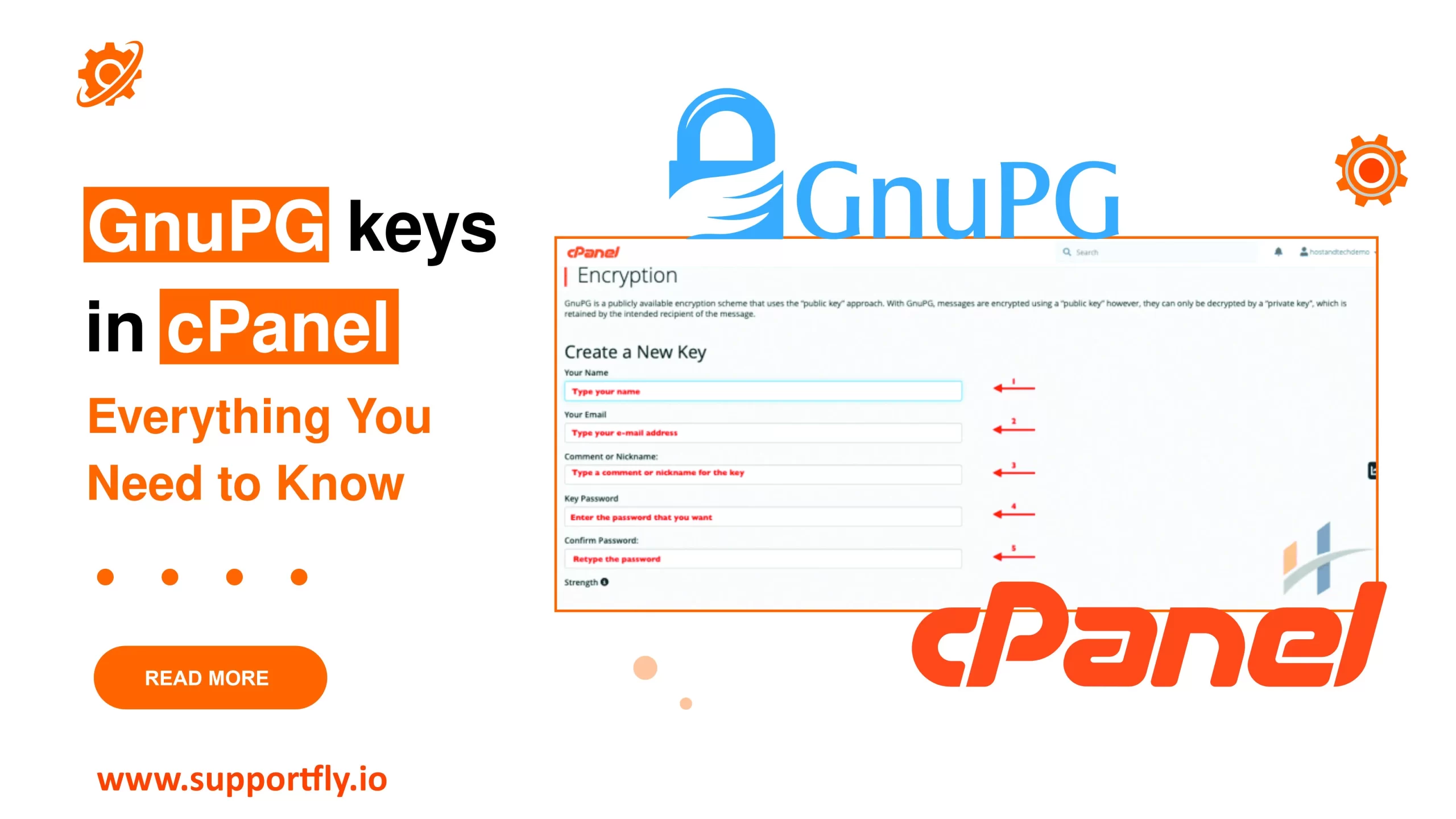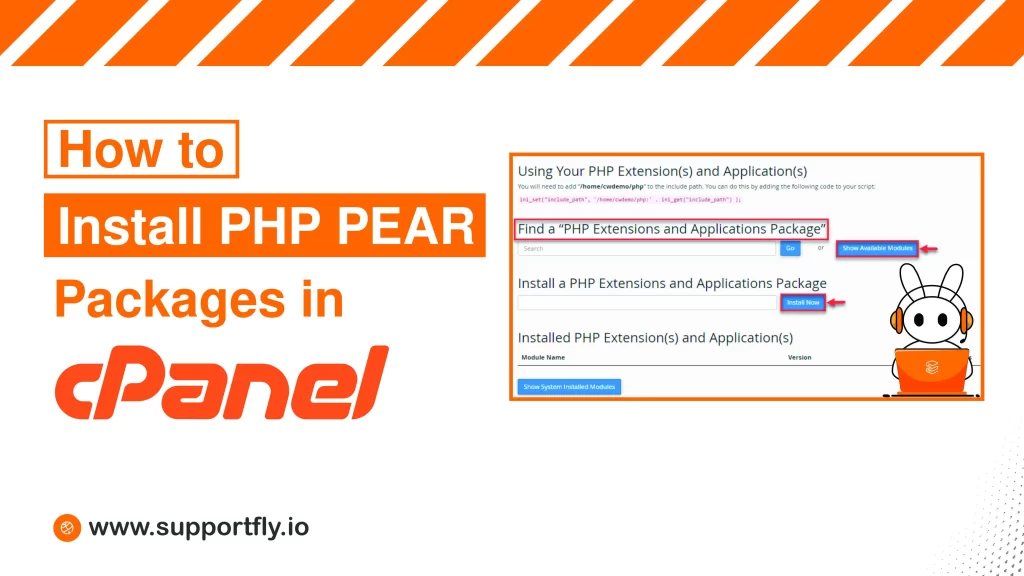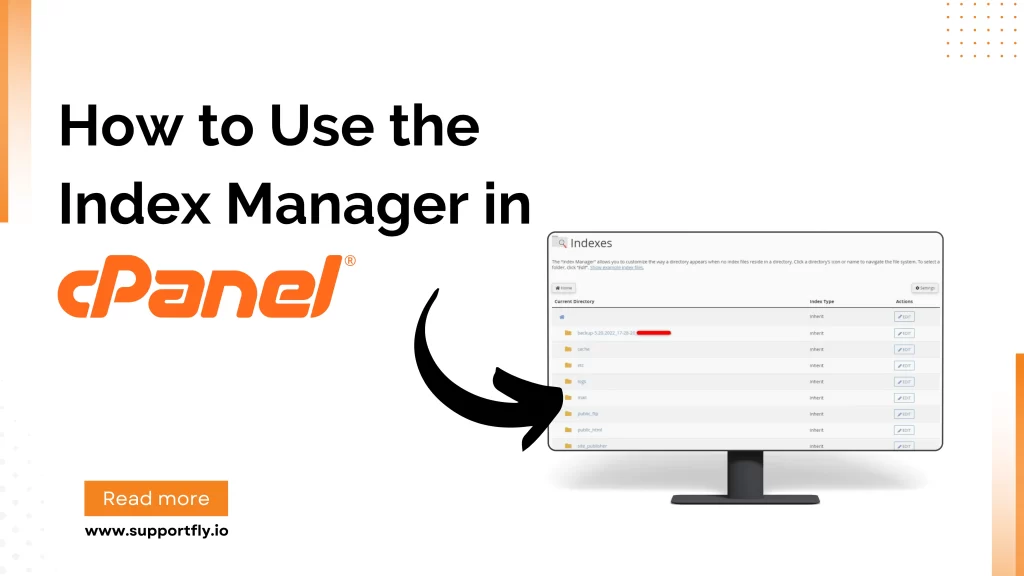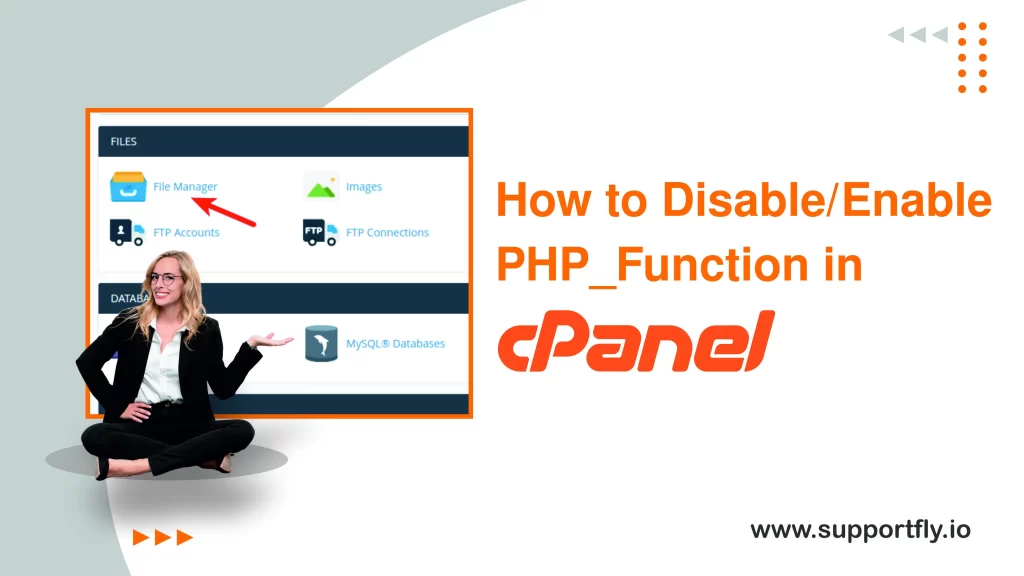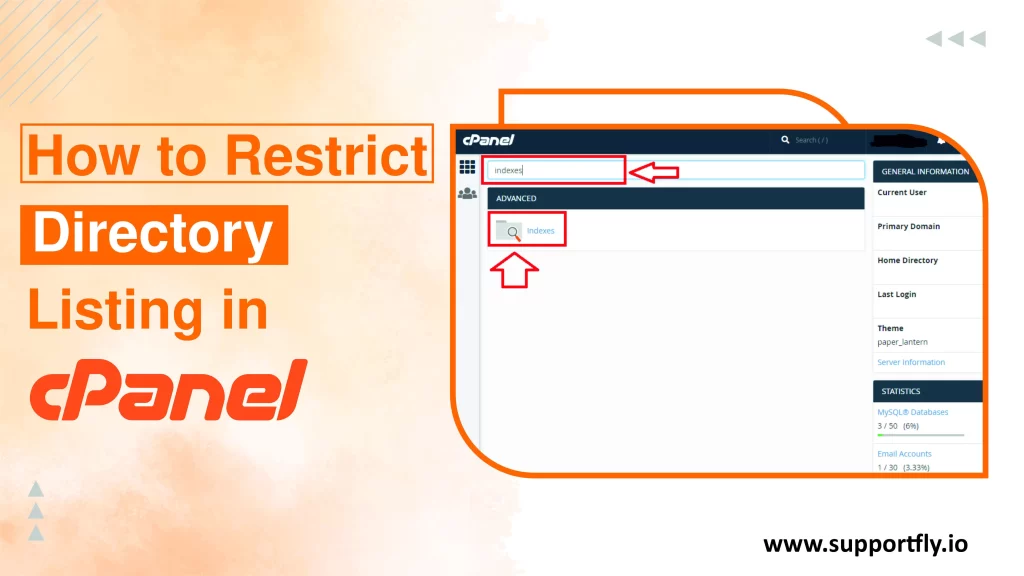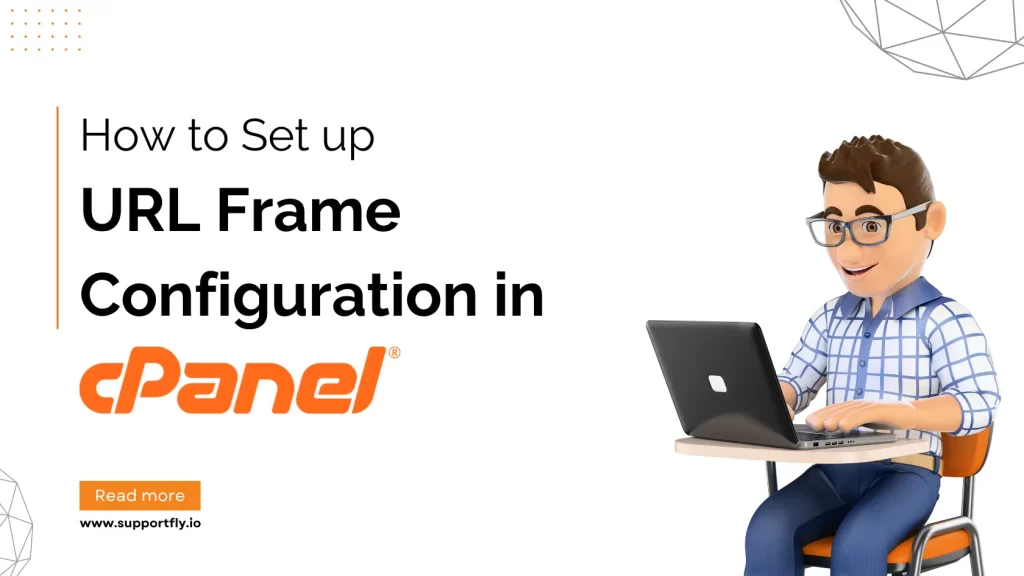Security is important, we all know this. Among the various tools and protocols available to ensure data safety, GnuPG (GNU Privacy Guard) offers a robust method for securing communications and data transfers. For users of cPanel, one of the leading web hosting control panels, understanding and utilizing GnuPG keys can significantly enhance security. This detailed blog post will explore what GnuPG is, why it’s important, how it integrates with cPanel, and guide you through the process of creating and managing GnuPG keys.
This blog is a part of our cPanel server management services where we make sure your cPanel server works efficiently with any issues.
Table of Contents
What is GnuPG?
GnuPG, also known as GPG, stands for GNU Privacy Guard. It is a complete and free implementation of the OpenPGP standard as defined by RFC4880 (also known as PGP). GnuPG allows you to encrypt and sign your data and communications, features a versatile key management system, and uses an advanced cryptographic algorithm.
The primary purpose of GnuPG is to secure network communications and data storage. It can be used to encrypt everything from emails to individual files, ensuring that only authorized eyes can see the content. Encryption with GnuPG is highly secure, and only the intended recipient of a message, who possesses the correct private key, can decrypt the encrypted message.
Why Use GnuPG Keys?
The use of GnuPG keys in data encryption offers several benefits:
- Confidentiality: Only the intended recipient can decrypt the message, protecting your data from unauthorized access.
- Authentication: You can sign your data with your private key, and others can verify it using your public key, confirming that the data came from you and has not been tampered with.
- Integrity: Digital signatures ensure that the data has not been altered in transit.
- Non-repudiation: The sender cannot deny the authenticity of their signature on a message, as it is uniquely linked to them.
Integrating GnuPG with cPanel
cPanel provides a built-in interface for managing GnuPG keys, simplifying the process of key creation, import, and export. This integration helps users who may not be familiar with command-line operations to use GnuPG effectively.
Creating GnuPG Keys in cPanel
Here’s how to create a new GnuPG key using cPanel:
- Log into cPanel: Access your cPanel account by entering your username and password.
- Find the Security Section: Once logged in, navigate to the ‘Security’ section and click on ‘GnuPG Keys’.
- Generate a New Key: On the GnuPG keys page, you’ll find a form to generate a new key. Enter the required information:
- Name: The full name of the key owner.
- Email: The email address associated with the key.
- Comment: Any comment or description you want to associate with the key.
- Key Password (Passphrase): A strong passphrase for additional security.
- Expiration Date: Set how long the key should be valid.
- Key Size: Select the size of the key. A larger size means more security but slower performance.
- Generate Key: Click the ‘Generate Key’ button. cPanel will process this information and create a new set of GnuPG keys – a private key and a public key.
Managing GnuPG Keys
After creating your keys, cPanel allows you to view, import, and delete keys. To use your keys effectively:
- Export the Public Key: Share your public key with anyone who needs to send you encrypted data.
- Keep Your Private Key Secure: Never share your private key. Store it in a secure location and back it up if necessary.
- Import Other’s Public Keys: If someone wants to send you encrypted data, you will need their public key. Import it into your cPanel to decrypt the data they send.
Best Practices for Using GnuPG Keys
- Regularly Update and Rotate Keys: Periodically change your keys to mitigate the risk of your keys being compromised.
- Use Strong Passphrases: Ensure the passphrase for your private key is robust and complex.
- Backup Your Keys: Regularly backup your keys to prevent data loss in case of system failures.
Conclusion
GnuPG is a powerful tool for securing your digital communications and data. By integrating GnuPG with cPanel, web administrators can manage their security settings more efficiently and with greater ease. Whether you’re running a personal blog or managing the data for a large corporation, understanding how to utilize GnuPG keys within cPanel is a crucial skill that can help safeguard your information against many threats in the digital world.
FAQs
Q1. What is a GnuPG key?
A GnuPG key is a cryptographic tool used in cPanel to encrypt and sign data, ensuring secure communication and data storage. It consists of a private key, kept secret, and a public key, which you can share.
Q2. How do I create a GnuPG key in cPanel?
To create a GnuPG key in cPanel, log into your cPanel dashboard, navigate to the “Security” section, and click on “GnuPG Keys”. Fill out the form with your name, email, a comment (optional), and set a passphrase and key expiration date. Then, generate the key by clicking the ‘Generate Key’ button.
Q3. How do I share my GnuPG public key?
Once you have generated a GnuPG key in cPanel, you can share your public key by navigating to the “GnuPG Keys” section under “Security”, finding your key in the list, and clicking on “View Public Key”. You can then copy and distribute this public key to anyone who needs to encrypt data for you.
Q4. What should I do if I forget the passphrase for my GnuPG key?
If you forget the passphrase for your GnuPG key, you cannot recover it due to the security design of GnuPG. You will need to generate a new key pair and securely distribute the new public key to your contacts.
Q5. Can I delete a GnuPG key from cPanel?
Yes, you can delete a GnuPG key from cPanel. Go to the “GnuPG Keys” section, select the key you want to delete, and click on the “Delete” button. Remember, once deleted, any data encrypted with that key’s public key cannot be decrypted unless the corresponding private key is used. Make sure you have access to all necessary data before deleting a key.

